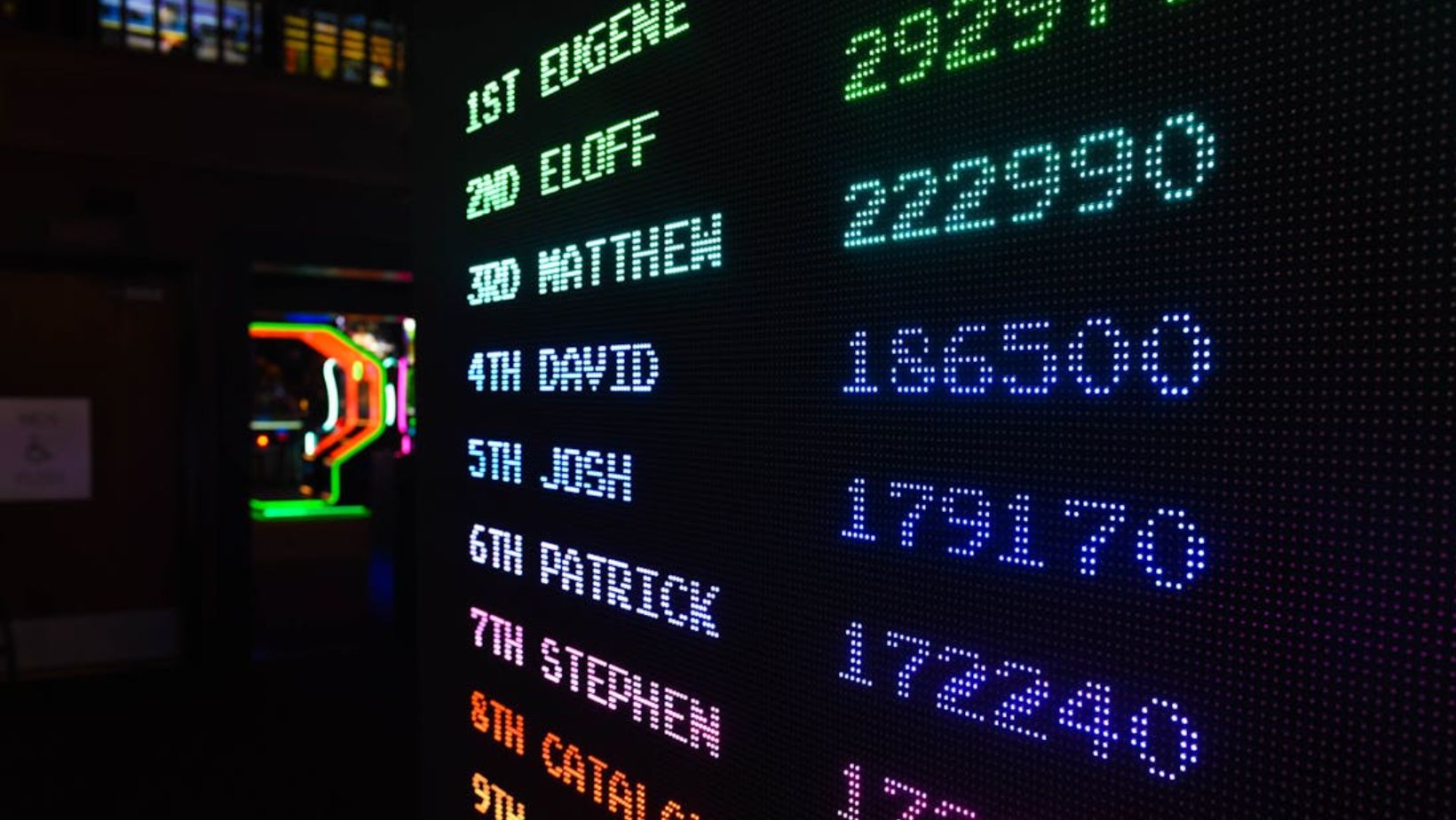
Not long ago, gaming was just about having fun, collecting achievements, and maybe bragging rights among friends. Today, it has evolved into something far bigger, a digital economy where your time, skill, and creativity can actually earn you money. With the growth of blockchain technology and the rise of play-to-earn (P2E) platforms, gamers are no longer just players; they’re digital entrepreneurs.
Millions of people around the world now spend time in virtual spaces where every battle won or quest completed can turn into real value. In-game currencies, non-fungible tokens (NFTs), and decentralized exchanges are helping players convert their gaming success into tangible income. The concept of digital ownership has redefined what it means to “own” something online, giving players real control over their assets instead of leaving them locked inside a game’s servers.
This shift has turned gaming into a serious part of the global digital economy. And as this space continues to grow, it’s also teaching players about broader financial opportunities, from managing in-game earnings to learning how to create sustainable income streams outside of gaming.
- How Play-to-Earn Games Are Changing the Meaning of Income
The idea behind play-to-earn gaming is simple: instead of paying to play, players get paid for their time and effort. These games reward users with digital assets, cryptocurrencies, or NFTs that can be traded or sold for real money. For many players, this new economy feels like an evolution of how value is created and shared online.
Beyond entertainment, play-to-earn models are part of a bigger shift toward financial independence in the digital world. Many people are exploring gaming as a way to diversify their income, not necessarily to replace their main job, but to add another layer of financial security.
That’s why many players see these platforms as one of the perfect ways to make passive income, especially when they combine consistent effort with smart strategies. The appeal lies in earning through something you already enjoy while also learning to manage digital rewards wisely. While gaming income can fluctuate, the key is to treat it like any other financial opportunity, something that requires planning, consistency, and a clear understanding of risk and reward.
- Understanding Digital Ownership and Why It Matters
Digital ownership is at the heart of play-to-earn gaming. In traditional games, everything you earn, characters, weapons, upgrades, exists only within the game’s system. Once you stop playing, those assets stay locked in that virtual world. But with blockchain-based games, players truly own what they earn.
Every digital asset is stored securely on the blockchain, meaning you can sell it, trade it, or keep it indefinitely. It’s similar to owning a piece of virtual property, except this property might gain value based on demand and rarity. That sense of ownership makes the experience more meaningful because the time you spend in-game directly translates into assets you control.
This ownership also extends beyond individual games. Many blockchain-based ecosystems allow users to move their assets across different platforms, expanding their financial potential even further. It’s a powerful step toward decentralization, giving players more control than ever before.
- The Role of Blockchain in Shaping Play-to-Earn Models
Blockchain technology is what makes play-to-earn gaming possible. It provides a transparent and secure way to record transactions and verify ownership of digital items. Every in-game transaction, whether buying an NFT, trading items, or earning tokens, is stored on a public ledger, ensuring fairness and authenticity.
NFTs are a major part of this system. These non-fungible tokens act as certificates of ownership for digital assets. If you own an NFT weapon, avatar, or piece of virtual land, it’s uniquely yours; no one else can duplicate it. This innovation has fueled a growing digital marketplace where players can sell or rent assets, sometimes for substantial sums.
At the same time, blockchain allows developers to create decentralized games where players help shape the economy. It’s a collaborative model where value flows more freely between creators and users, changing how both sides interact with gaming.
- The Pros and Cons of Play-to-Earn Gaming
Play-to-earn gaming offers exciting possibilities, but it’s not without challenges. On the positive side, it rewards players for their time, introduces new income opportunities, and promotes digital literacy. It also fosters creativity; players can build, trade, or even design their own in-game economies.
However, there are risks to consider. Game currencies can fluctuate in value depending on the crypto market, making earnings unpredictable. Some platforms require high upfront costs to join, and not every game has lasting economic value. It’s important to research thoroughly before investing time or money.
Still, for those who approach it wisely, the benefits often outweigh the drawbacks. The combination of fun, learning, and earning continues to attract millions worldwide.
- How Digital Ownership Empowers Players Beyond the Game
Digital ownership doesn’t stop at gaming. Many players are leveraging their assets to build real-world income streams. Some rent out rare NFTs, sell digital collectibles, or even start content creation channels centered around their gaming portfolios.
This kind of empowerment changes the relationship between players and developers. Instead of being consumers, gamers become active participants in the economy. They contribute to world-building, design markets, and form communities that thrive on collaboration.
The concept of ownership also aligns with a growing cultural movement toward independence and self-reliance in the digital age. People are realizing they can turn hobbies into income-generating ventures, and gaming is leading that transformation.
- The Future of the Play-to-Earn Ecosystem
The future of play-to-earn gaming looks promising and dynamic. Developers are focusing on long-term sustainability rather than quick profits. Games are evolving beyond basic token systems into complex economies where gameplay, creativity, and strategy determine value.
The next big step will likely be the integration of these games into larger virtual worlds. The metaverse. Imagine owning a virtual property that connects to multiple games or being able to use your digital avatar across different platforms. These innovations could create a new standard for digital identity and ownership.
As the technology matures, we’ll see stronger connections between gaming, finance, and everyday life. The line between digital and real-world economies will continue to blur.
Play-to-earn games represent more than a trend; they’re a shift in how value and ownership are defined in the digital world. As a player, you now have the power to build, trade, and profit from your creativity. Digital ownership gives you real control, while blockchain ensures transparency and fairness.
The idea that you can earn from doing something you enjoy is changing how people view both gaming and work. Whether you’re a casual gamer or a full-time player, this new era of digital economies opens up opportunities that were once unimaginable.
You’re not just part of a game anymore. You’re part of a global movement where entertainment, innovation, and financial independence merge into one exciting frontier.




